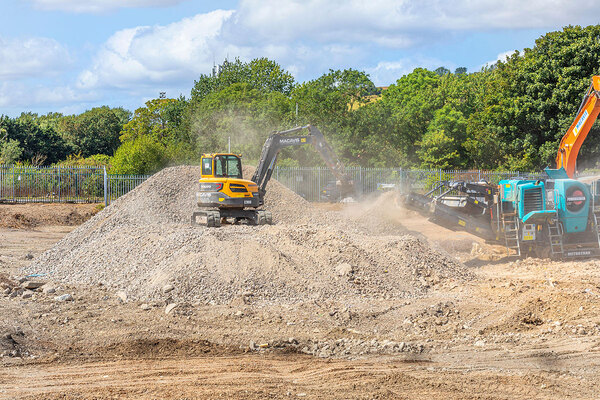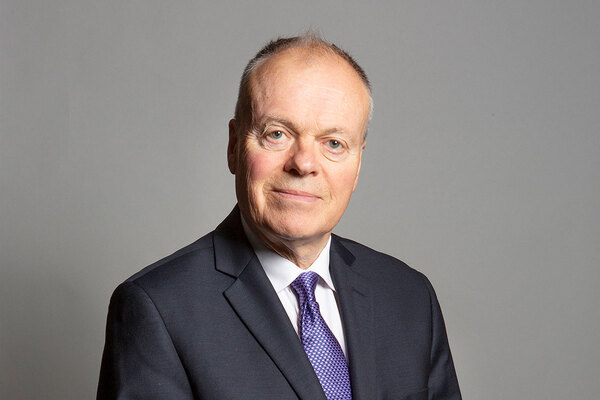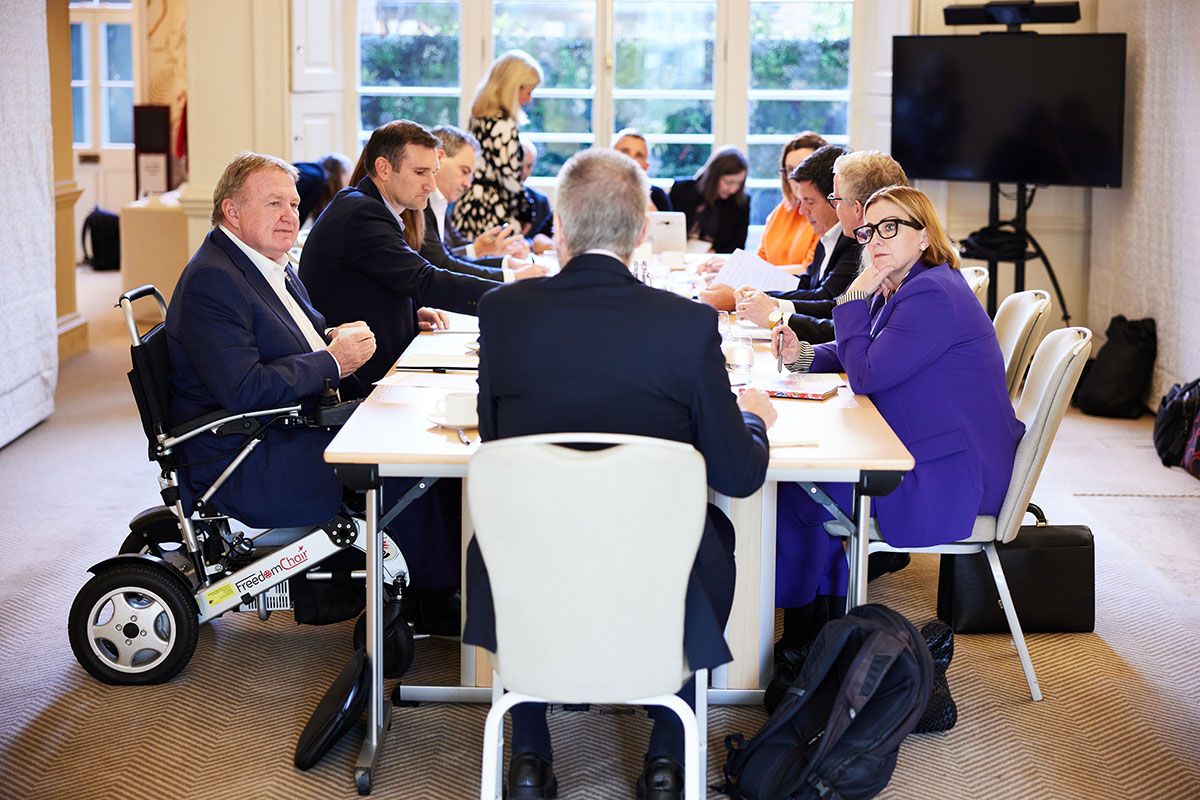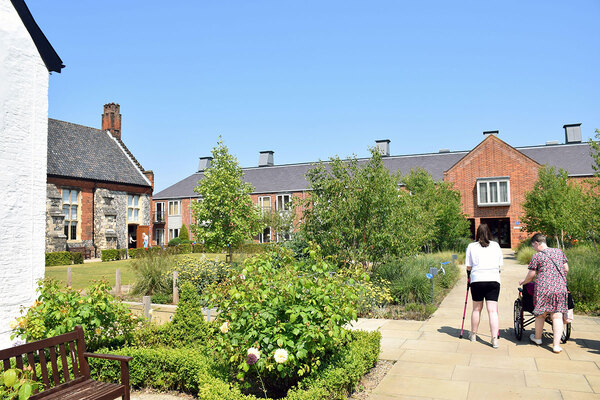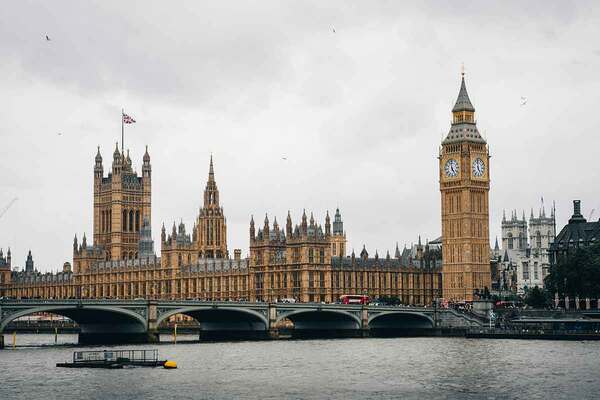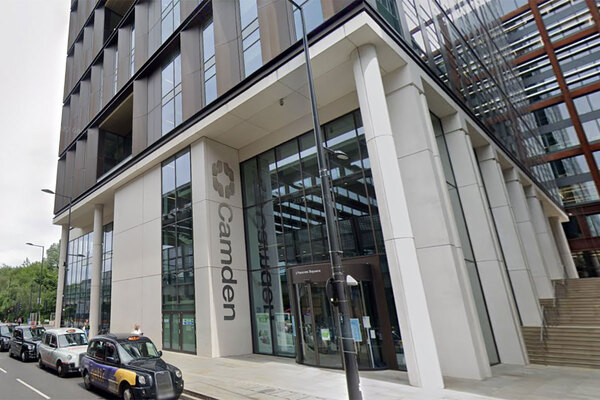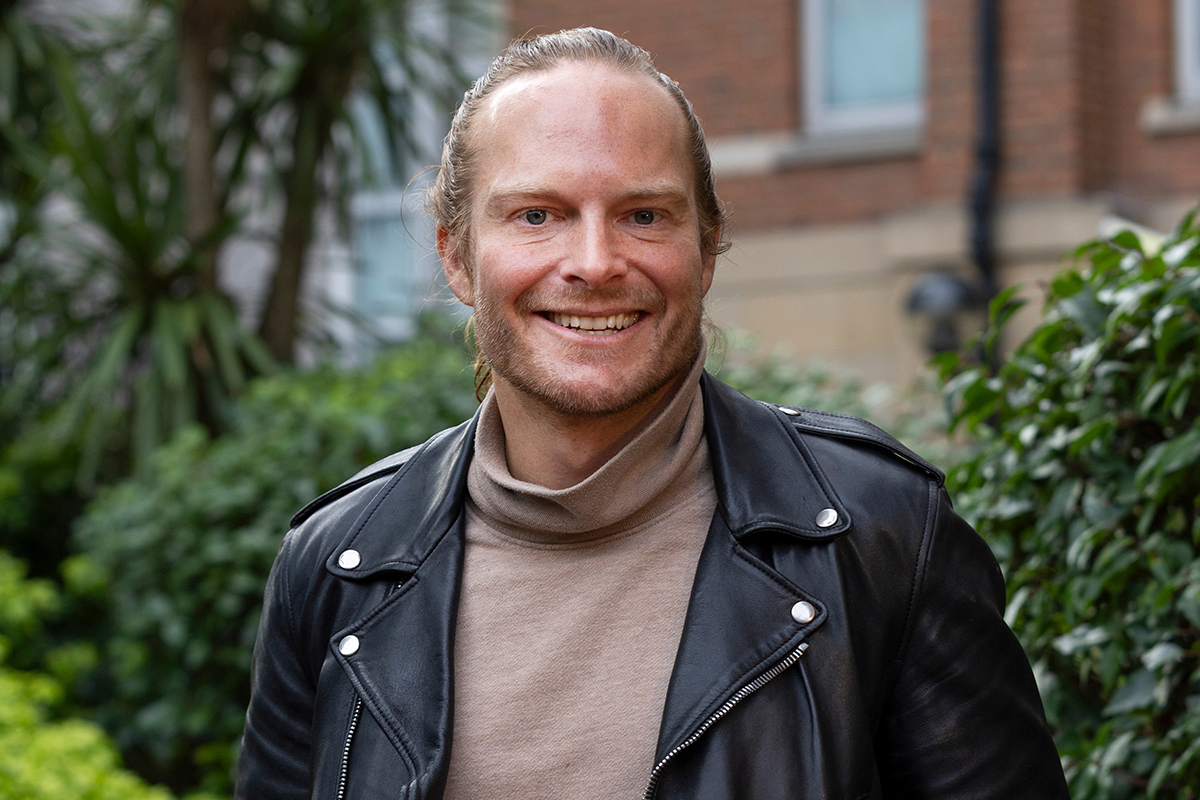Mayors to receive ‘call-in’ powers under Rayner’s planning reforms
Metro mayors will be handed greater control of planning under Angela Rayner’s reforms, it has been reported.

The deputy prime minister and housing secretary is looking to hand mayors powers to “call in” significant planning applications and take responsibility for approving or rejecting them, according to The Times.
Mayors would also be placed in charge of drawing up regional development plans, with councils ordered to take part. Local authorities in areas without mayors would be required to join up and make big decisions across council boundaries.
Ms Rayner is expected to set out plans this week to “modernise” the planning system, by allowing applications that comply with local development plans to bypass planning committees.
Later this month, she will publish a devolution white paper that aims to increase “strategic planning” at a mayoral level and fill what ministers describe as a “missing tier of planning”.
Currently all councils in a region must agree to a strategic plan, but Ms Rayner will end the need for unanimity, with mayors able to introduce plans unless two thirds of councils object.
One model being considered is similar to the one in London, where councils have control of most planning decisions but the mayor can call in any development of more than 150 homes, taller than 30 metres, or on the green belt.
A working paper on modernising planning committees published on 9 December proposed a “national scheme of delegation” to bring clarity and consistency about which applications get decided by officers and which by committees.
In addition, Ms Rayner proposed smaller targeted planning committees for strategic development, which would allow a “dedicated and small group of councillors to dedicate energy to the most significant projects”.
Finally, the government is proposing a requirement that councillors undertake appropriate training before they can be part of a planning committee.
All three of these reforms would require changes to primary legislation through the forthcoming Planning and Infrastructure Bill.
Ms Rayner said: “We will revolutionise mayoral planning powers to unlock growth, unblock disagreements at the local level and clear the way to our target of 1.5 million new homes.
“Through deepening devolution, mayors will become crucial drivers of the government’s plan to build more homes and a stronger economy.”
On Sunday, she told Sky News that the new streamlined approach is essential to speed up building new homes.
“We can’t have a situation where newts are more protected than people who desperately need housing,” she said. “What we need is a process which says protect nature and wildlife, but not at the expense of us building the houses.”
Ms Rayner added: “The homes, especially under our Affordable Homes Programme, which is social and affordable housing, will be for people who desperately need them – local people.”
Victoria Hills, chief executive of the Royal Town Planning Institute, said she was “overwhelmingly supportive of returning to an effective approach to strategic planning”.
She said: “Infrastructure, climate impacts, nature and community services don’t stop at a council boundary, they need solutions that manage key issues beyond the local scale.”
However, she said there was “a lack of technical knowledge” in councils and that while planning was overhauled “without clear guidance, we run the risk of delivering the wrong sorts of developments in unsustainable locations”.
Last week, prime minister Sir Keir Starmer vowed to overhaul Britain’s “ruinous” planning system to stop housing and infrastructure being “held to ransom” by nimbys and environmentalists.
He also made housebuilding one of his government’s six pledges and repeated his target to build 1.5 million homes over the parliamentary term. Although he admitted this target is “ambitious”.
Sign up for our development and finance newsletter
Already have an account? Click here to manage your newsletters
